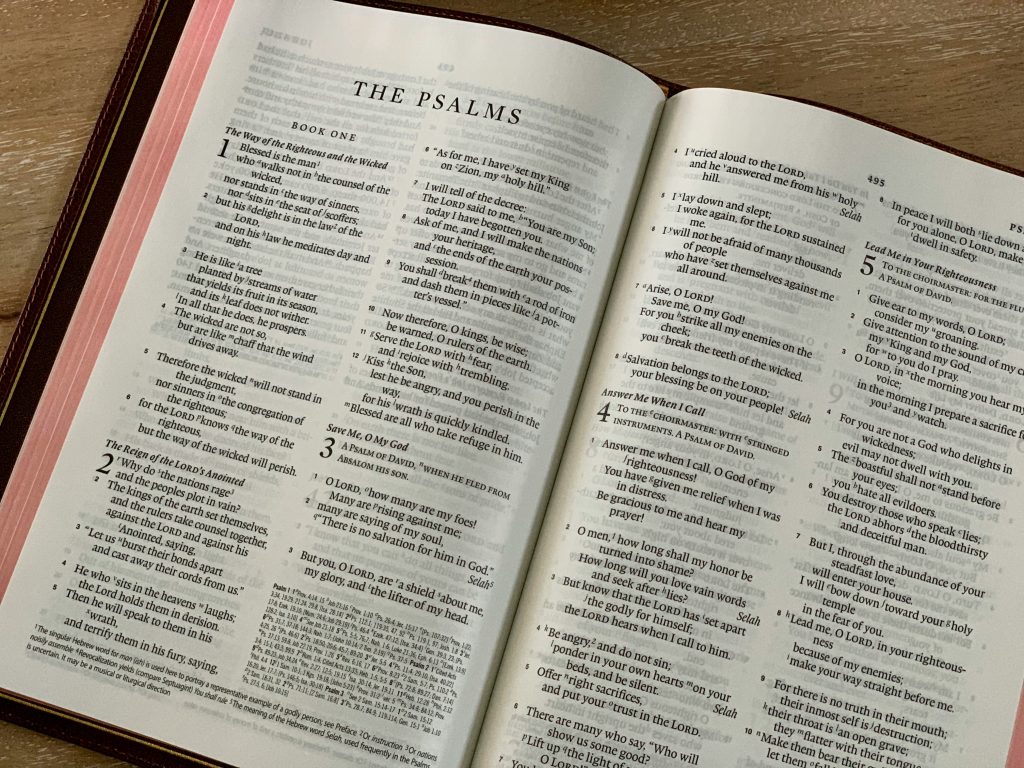Warm up in pairs or small groups: Psalm 96 is a hymn that was sung as the ark was being returned to the sanctuary in Jerusalem. What is your favorite hymn?
- Is there any correlation with how the word new is used here in 96:1 and how Jeremiah used new in Lamentations 3:23?
- The word used for salvation in 96:2 is yeshua, which means deliverance from external evils but often with the spiritual idea added. In what sense had God provided salvation to his people? In what sense has he provided salvation for you? With what frequency were they to proclaim his salvation? (day after day)
- Is 96:2 a call to worship or a call to evangelism or both?
- In what percentage of the peoples were called to declare God’s glory and marvelous deeds? 25, 50, 75 or 100%? What percentage would that be for us today? How can we tell of his glory among the nations? 96:3
- What does it mean to fear God? (We are more concerned about what he thinks than anyone else.) 96:4
- How does he describe the gods of the nations? (As idols, which means ineffective nonentities. Cornerstone Commentary, p. 309) How does the psalmist contrast the gods of the nations with the Lord? 96:5
- Psalm 96 is a song that was used as the ark of the covenant was returned to the sanctuary in Jerusalem. (See I Chronicles 16) How does that fact help us to understand 96:6?
- The people were told to bring an offering. Agree or disagree with the following statement: Giving an offering to God indicates our submission to him. Why do some seldom or never bring an offering to God? 96:8
- What insight does Psalm 29:1-2 give for 96:7-8?
- What instructions does the psalmist give for worship in 96:9? Is the sense of God’s holiness still present in modern and even traditional worship today? If not, how can that be restored?
- What three things where they called upon to say to the nations in 96:10?
- One of the three things they were to tell was “the world is firmly established; it cannot be moved.” Read and discuss Colossians 1:10 to see who holds all things together.
- The word for judge in 96:13 is shapat, which means restoration of a disturbed order. That even includes creation itself. What does Romans 8:20 tell us that sin did to God’s created order?
- Base on the information in question 13, what insight does that give us for 96:11-12? See also Ephesians 1:10 and Colossians 1:20?

